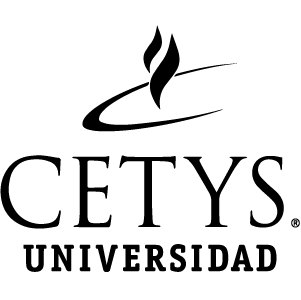https://repositorio.cetys.mx/handle/60000/1936| Campo DC | Valor | Lengua/Idioma |
|---|---|---|
| dc.contributor.author | Salazar-Altamirano, Mario Alberto | - |
| dc.contributor.author | Galván Vela, Esthela | - |
| dc.contributor.author | Ravina-Ripoll, Rafael | - |
| dc.contributor.author | Martínez-Arvizu, Orlando Josué | - |
| dc.date.accessioned | 2025-06-12T16:59:33Z | - |
| dc.date.available | 2025-06-12T16:59:33Z | - |
| dc.date.created | 2025-02 | - |
| dc.date.issued | 2025-05 | - |
| dc.identifier.issn | 1696-0270 | - |
| dc.identifier.other | e-ISSN: 2340-4973 | - |
| dc.identifier.uri | https://repositorio.cetys.mx/handle/60000/1936 | - |
| dc.description.abstract | Understanding what organisational factors most influence staff turnover remains a chal-lenge in human talent management. This study addresses this issue by examining how transformational leadership, work cli-mate, and happiness management interact to explain turnover intention. A sample of 414 workers from various industries in Mex-ico was surveyed, and data were analysed using structural equation modelling. The findings show that transformational leader-ship significantly influences work climate and happiness management. However, as expected given the mediating structure of the model, there is no direct effect between transformational leadership and turnover intention. Instead, work climate and happi-ness management act as mediators, with happiness management playing a direct and significant role in reducing turnover inten-tion. These results reveal complex interde-pendencies and underscore the importance of promoting leadership styles and organisa-tional strategies that strengthen happiness management to enhance talent retention and organizational sustainability. | es_ES |
| dc.description.sponsorship | Anduli Revista | es_ES |
| dc.language.iso | en_US | es_ES |
| dc.relation.ispartofseries | ;28 | - |
| dc.rights | Atribución-NoComercial-CompartirIgual 2.5 México | * |
| dc.rights.uri | http://creativecommons.org/licenses/by-nc-sa/2.5/mx/ | * |
| dc.subject | Happiness management | es_ES |
| dc.subject | Mexican employees | es_ES |
| dc.subject | Organisational sustainability | es_ES |
| dc.subject | Talent retention | es_ES |
| dc.subject | Transformational leadership | es_ES |
| dc.subject | Turnover intention | es_ES |
| dc.subject | Work climate | es_ES |
| dc.title | Determinants of talent retention in Mexico : leadership, climate and happiness management | es_ES |
| dc.title.alternative | Anduli Revista Andaluza de Ciencias Sociales | es_ES |
| dc.type | Article | es_ES |
| dc.description.url | https://revistascientificas.us.es/index.php/anduli/article/view/27678 | es_ES |
| dc.format.page | 115-145 | es_ES |
| dc.identifier.doi | https://doi.org/10.12795/anduli.2025.i28.05 | - |
| dc.identifier.indexacion | Otros | es_ES |
| dc.subject.sede | Campus Tijuana | es_ES |
| Aparece en las colecciones: | Artículos de Revistas | |
| Fichero | Descripción | Tamaño | Formato | |
|---|---|---|---|---|
| 27678-Texto del artículo-145361-1-10-20250605.pdf | 519.62 kB | Adobe PDF |  Visualizar/Abrir |
Este ítem está protegido por copyright original |
Este ítem está sujeto a una licencia Creative Commons Licencia Creative Commons


